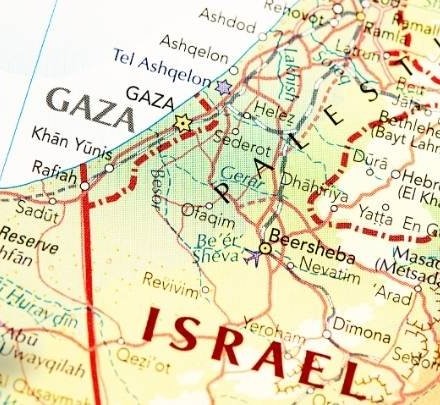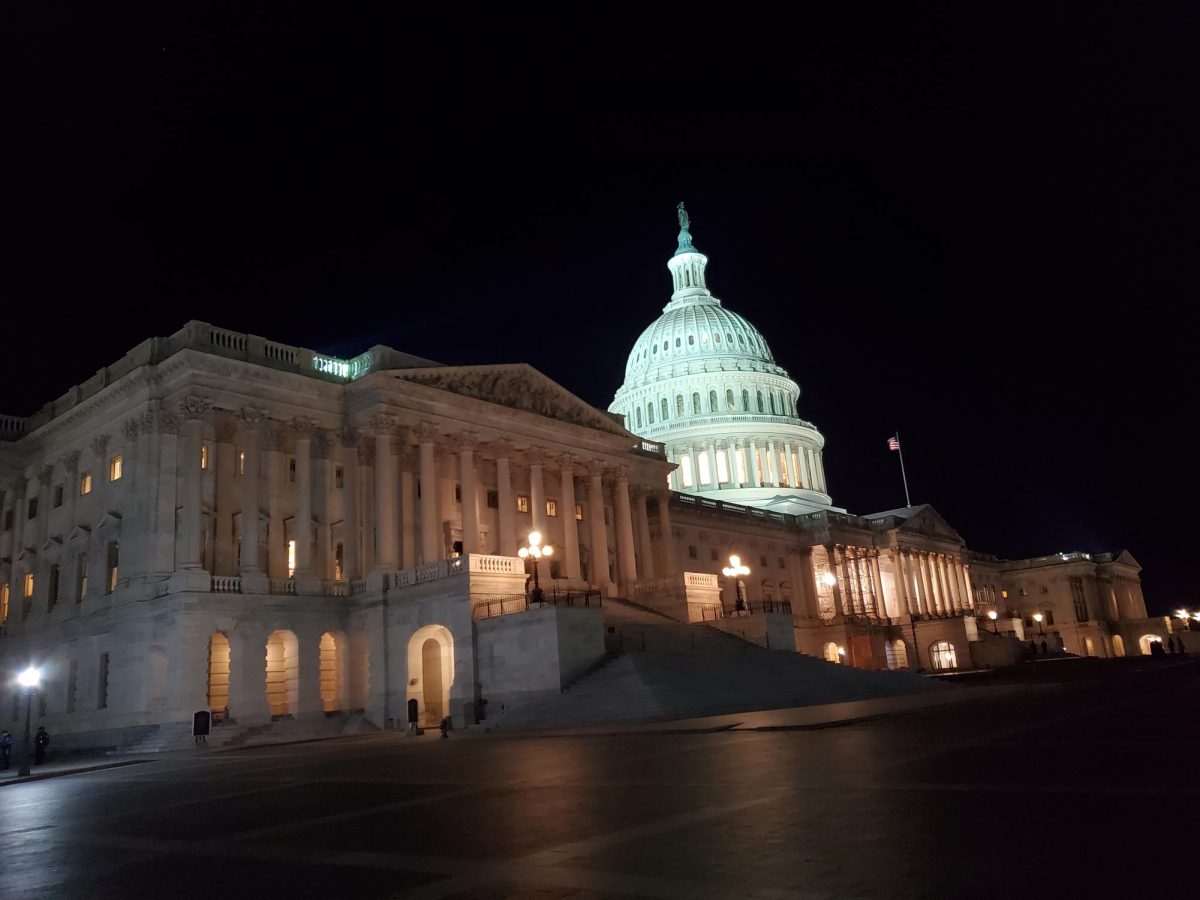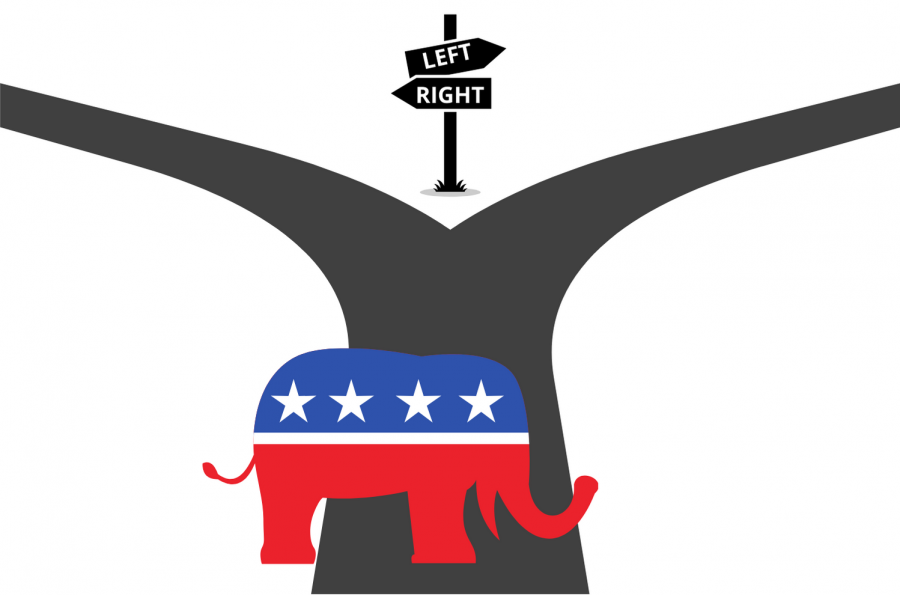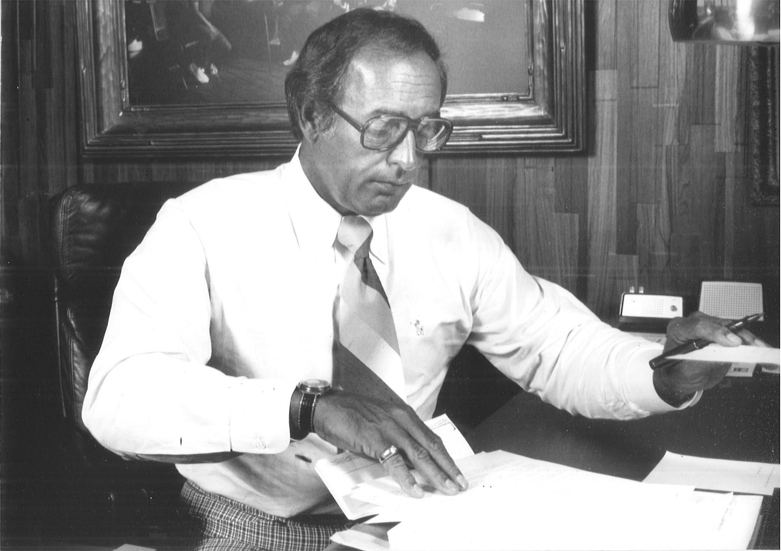A bomb went off last Friday in Beirut, the capital city of Lebanon, killing three people and injuring over a hundred bystanders. Wissam al-Hassan, the intelligence chief of the Lebanese Internal Security Forces, was killed in the blast. The explosion has left a fallout of civil and political unrest in the historically volatile nation.
The car bomb set off massive shockwaves throughout Ashrafiya, the predominantly Christian district of Beirut. The neighborhood is no stranger to devastation of this scale, having been through the Lebanese civil war that lasted from 1975 to 1990.
However, the city has not experienced violence of such magnitude since 2008. Furthermore, the Lebanese fear that the civil war in Syria, which has been intensifying for over year, will spill over into Lebanon. Hundreds of thousands of Syrian refugees have poured into Turkey, Syria’s northern neighbor, and missiles and guns have followed them.
Although no actor has claimed the bombing, the various political factions in Lebanon have blamed Assad and the Syrian government.
“We accuse Bashar al-Assad of the assassination of Wissam al-Hassan,” said Saad Hariri, the leader of the 14 March Coalition. In 2005, Al-Hassan’s investigation implicated the Syrian government in the murder of Hariri’s father.
Others factions have accused Assad of intentionally spreading Syria’s conflict into Lebanon.
“This regime, which is crumbling, is trying to export its conflict to Lebanon,” said Nadim Gemayel, a Minister of Parliament of the Christian Phalange Party.
The Hezbollah, the Shi’a militant group, has also “condemned” the Assad regime, according to the BBC.
In response to the tensions surrounding the bombing, the Lebanese army has called on political leaders to ensure stability. It warned “all political leaders to be cautions when expressing their positions and trying to incite popular opinion.”
Lebanon is historically a fractionated country. The power of the government shifts from coalition to coalition, with parties reflecting the demographic mix of Christians, and Sunni and Shi’a Muslims. The Lebanese army is regarded as the stabilizing agent in times of tension.
“The army is a widely reputed institution in Lebanon,” said Wyre Davies of the BBC. It “has often been required to stand between the country’s diverse political and religious factions.”
The army has set up roadblocks and dispatched soldiers to the major cities around Lebanon to quell protests against Assad, which intensified over the last weekend.
The anti-Syrian protesters also called on Prime Minister Najib Mikati and his cabinet members to resign. They argue that the ministers were ineffective and slow in responding to the bombing.
In tandem with the army’s posture of stability, President Michel Suleiman has rejected Prime Minister Najib Mikati’s offer of resignation. This is in the “national interest,” he said.
International actors have also called for internal stability.
“We strongly condemn any attempt to shake Lebanon’s stability,” said Derek Plumbly, the spokesperson of the United Nations.
Hillary Clinton, the US Secretary of State, affirms the “United State’s firm commitment to Lebanon’s stability, independence, sovereignty, and security,” said Victoria Nuland, the spokesperson of the Department of State.







